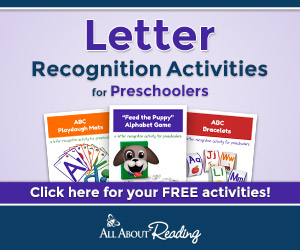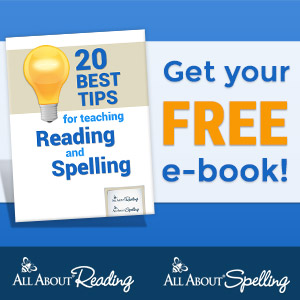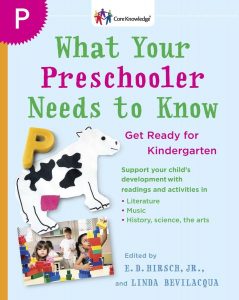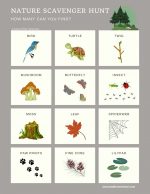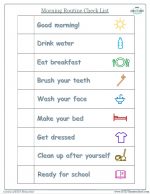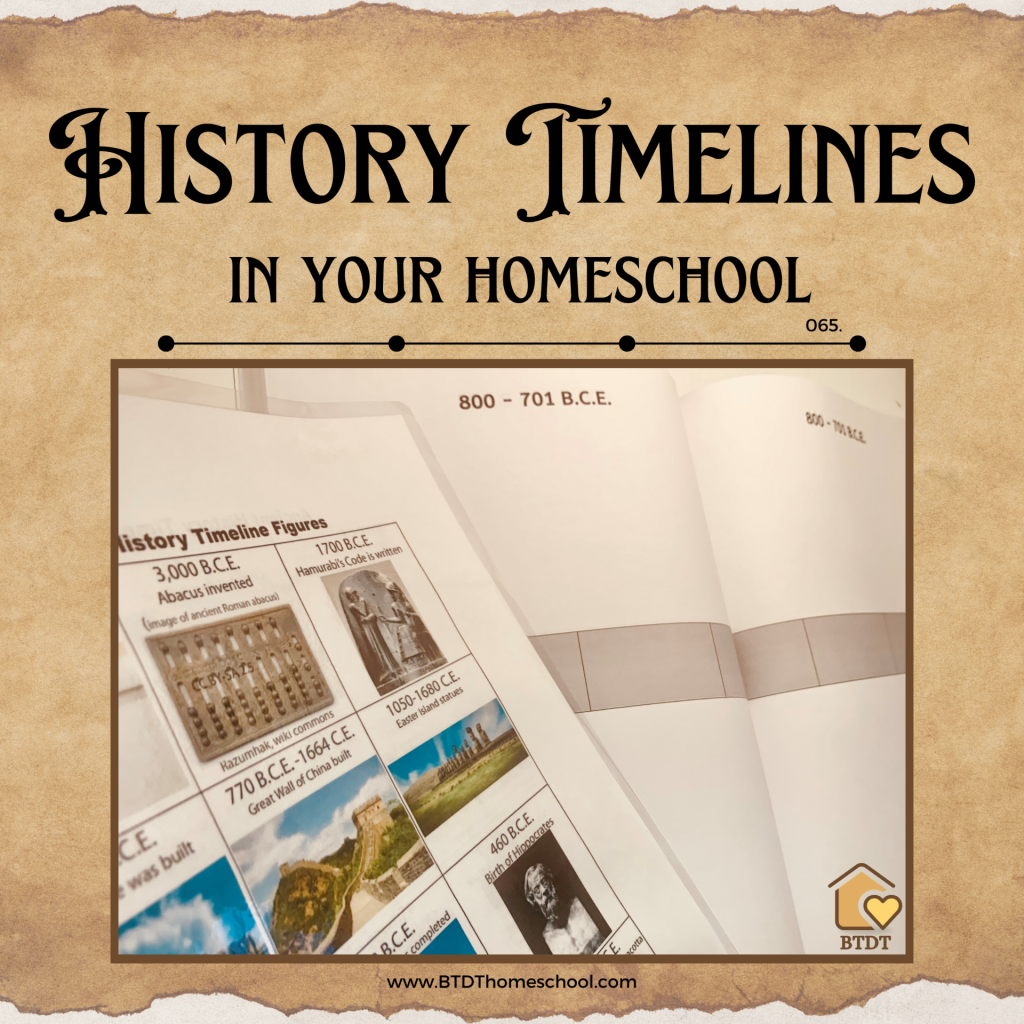006.
What Should Your Preschooler Know?
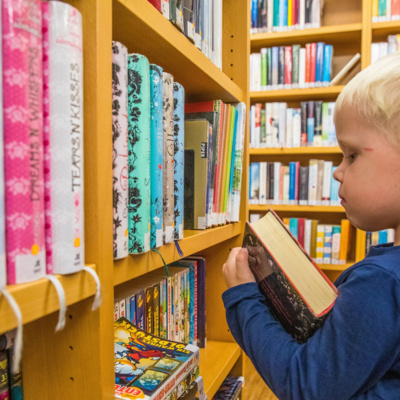
When should I start homeschooling?
What age should my child learn to read?
What curriculum do I need?
Tune in this week while we discuss these topics and more!
TWO WAYS TO LISTEN TO THIS EPISODE:
1. Click PLAY Button Above ^^ to listen here.
2. OR Listen on your favorite podcast platform:
Brand New to Homeschooling?
GETTING START PAGE >>
Kindergarten Page >>
High School Series >>
Show Notes
Preschool is a popular topic on homeschool message boards and often a controversial one, too, because established homeschool parents can get quite territorial over “what is school age.” While preschoolers are often still in more of a parenting than schooling stage, there are things you can do with them to get started on your homeschool path.
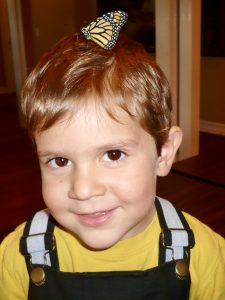
When should I start homeschooling (2:05)
When we speak of educational outcomes, statistics also show that kids that receive an intense early education tend to peak by kindergarten and the educational benefits are not noticeable at all by 2nd grade. Everyone eventually evens out.
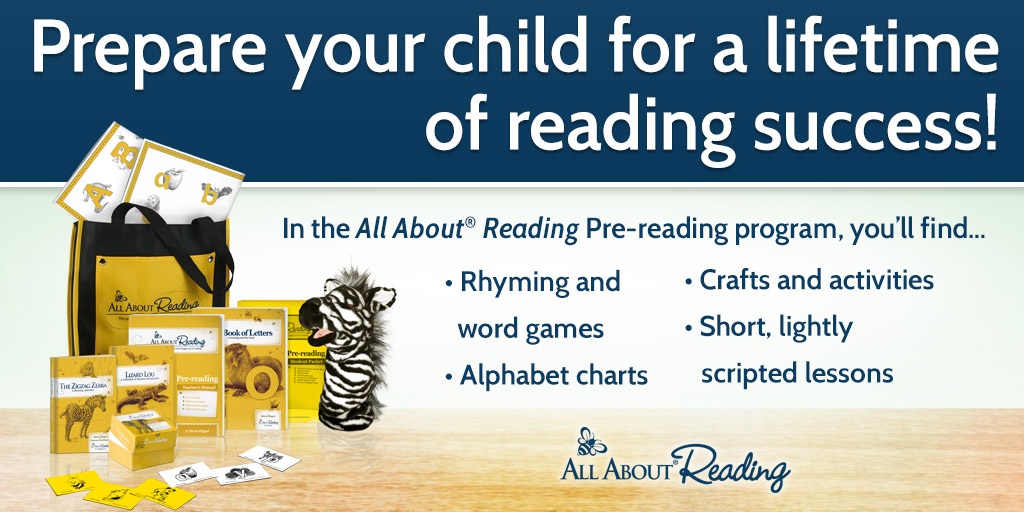
You can find a lot of preschool activity lists online, just by searching things like “What should my preschooler know?” if you really feel like you need a game plan for homeschooling a preschooler.
Some people also really want to know how to schedule learning with your preschooler. We’d recommend you adopt more of a routine rather than a schedule for your child. Children thrive on routines. Honestly, we’re all happier when we know what to expect.
This book covers all the essential knowledge and skills that children need to acquire before entering kindergarten, from language and literacy to math, science, and social studies: What Your Preschooler Needs to Know: Get Ready for Kindergarten:
MAGICAL CHILDHOOD:
https://magicalchildhood.wordpress.com/2010/08/31/what-should-a-4-year-old-know/
WHAT DOES MY PRESCHOOLER NEED TO KNOW:
Preschool time can include nature walks, seed planting, pretending to be animals, measuring ingredients and stirring cake batter, taking turns in simple board games, feeding animals, making letters with clay, timing naps, and reading stories and alphabet books together.
Minimizing formal schooling for little kids is highly recommended. You can write down developmental milestones in a journal.
Save samples of drawing and of beginning attempts at writing. Also consider recording your child’s progress on video, especially if your child has special needs. Improvement may be slow, but you’ll be able to see changes year by year. Your records will prove to be far more than educational recordkeeping. They will become treasured keepsakes.
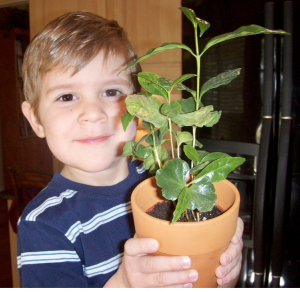
Use your journal to keep track of your child’s skills. Develop and write down your own goals or use a skills checklist from a book. In a homeschool preschool, you can tailor your list to your child. Simply list the beginning skills that you’re looking for and check off when your child can do them.
Basic Preschool Skills:
- Know what Love is – How to love and be loved
- Respect for others and themselves
- Communicate in sentences, ask and answer questions, say full their name
- Talk about position and direction (left, right, under, over, in, out, etc.)
- Explore, observe and talk about the world around us
- Help with simple chores
- Work cooperatively with others
- Work independently and ask for help when needed
- Learn how to play with friends of all ages
- Practice manners and kindness
- Listen, share, and take turns
- Self care without help (eating, toilet, dressing, hand washing, etc.). Free routine charts
- Safety (what not to touch, stay away from the street, stranger danger, etc.)
- Enjoy music and sing simple songs
- Develop a sense of humor
- Enjoy books
- Play with sounds, numbers, letters, colors, textures, clocks, and timers
- Count objects
- Explore rhymes, same and different, big and small, light and heavy
- Tell stories, beginning, ending, what comes next, cause and effect
- Remembering numbers, names, letters and sounds, I Spy, hidden pictures
- Begin to read and trace words with three letters, names of family members
- Fine motor skills (beading, building, stirring, squishing, cutting, pouring)
- Draw a person with six parts, using basic shapes (i.e., cross, circle, lines)
- Understand real and pretend, alive and not alive
- Gross motor skills (jumping, swinging, catching, throwing, tricycle riding, games)
Download the FREE Complete Skills and Checklist Guide for PreK-12th Grade
Children will vary greatly in their strengths and weaknesses in all these areas. It’s true that kids need to be emotionally, physically and mentally ready to do new things. However, don’t get too caught up in learning skills in a certain order. Different books may list a “preschool” skill under kindergarten, or even first grade.
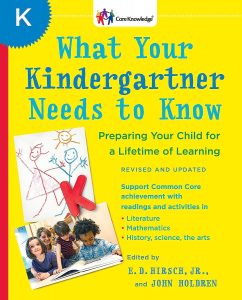
Example Homeschool Preschool Routine:
For PRESCHOOL, we recommend you adopt more of a routine rather than a schedule for your child. Children thrive on routines. Don’t compare yourself with others. Many people post highlight reels on social media but don’t fall into that trap!
Here is an example of a preschool routine:
- Morning cuddles and re-reading a favorite book to them
- Help mom with Breakfast
- Morning chores (clean up breakfast, make the bed)
- Personal hygiene (brush teeth, comb hair, get dressed)
- Building block or other game fun
- Watch a favorite show or free play
- Sidewalk chalk, water outdoor plants
- Learning activity (make slime, build pyramids, snap circuits, make cookies)
- Play with friends – park, host them, go to their house, field trip at the museum
- Lunch
- Errand with mom – bank, post office, grocery, new shoes?
- Nap if needed
- Drawing, Painting Art, sidewalk chalk, music and dance
- Free Play
- Help with Dinner
- Clean up dishes
- Go for a Walk or jump on a trampoline, ride scooter or tricycle
- Personal hygiene (bath, brush teeth, wash face, pjs)
- Pick up toys
- Cuddle and reading
What age should my child learn to read (17:14)
Most children eventually learn to walk, talk, read and do algebra. Experts say that most children learn to read by age 6 or 7, meaning first or second grade, and that some learn much earlier.
How Do You Teach Your Child to Read!
We will walk you through the entire process!
U.S. Department of Education reading programs often say children should learn to read by age 8, or third grade, because learning to read transitions into reading to learn other subjects soon thereafter. The single biggest predictor of high academic achievement and high ACT scores is reading to children.
Once your child begins to read and you are ready to bridge the gap between reading board books and lengthier chapter books, check out our TOP 50 BOOKS FOR NEW READERS:
What curriculum do I need (22:52)
You do not need anything. Read lots of picture books together, do messy art and science projects, cook in the kitchen, have lots of imaginative/building toys- blocks, legos, trains, etc. Spend a ton of time outside- go for nature walks. Get binoculars, magnifying lens, specimen jars and so local bird/wildflower/tree identification guides and take them with you. Sing, dance, play musical instruments. Get a tub of dress up items. Play board games for math. Preschool is so much fun! As you begin research and make a plan for Kindergarten, visit our Kindergarten Curriculum Guide.
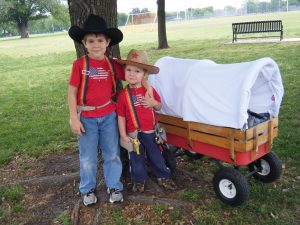
One of the biggest advantages we can give our children is a simple, carefree childhood.
Educate Yourself
When your kids are Preschool age, it is a great time to educate yourself. What are your eduational goals for your children? What KIND of homeschooler do you want to be? Help you fine-tune your goals with TOP 10 Books Every Homeschooler Should Read
This Week’s FREEBIES
-
 FREE Nature Scavenger Hunt$0.00
FREE Nature Scavenger Hunt$0.00 -
 Preschool Routine Charts$0.00
Preschool Routine Charts$0.00
